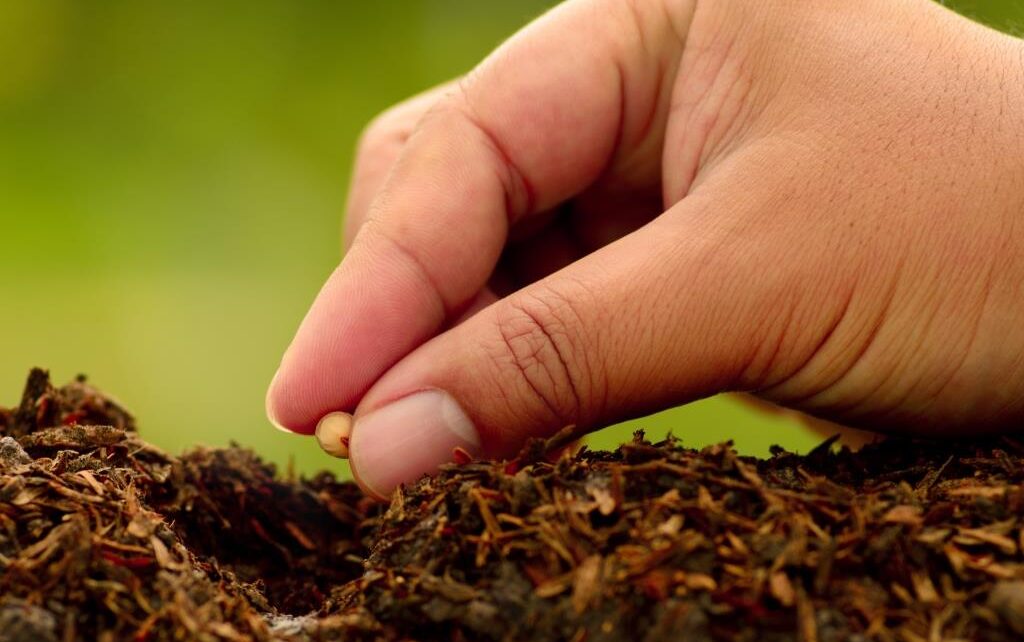
Can the DHEA hormone really help increase ovarian response during fertility treatment?
Women with reduced ovarian reserves (low antral follicle count and/ or low Anti Mullerian hormone levels) have a higher risk of poor response to hormone stimulation and low pregnancy rates during IVF treatment.
What is the DHEA and what is it for?
According to some research, the steroid hormone DHEA (Dehydroepiandrosterone) could increase conception rates during IVF treatment by increasing ovarian response to stimulation. Although the DHEA hormone is produced naturally by our body’s adrenal gland, its levels will progressively drop with age. That is why DHEA supplements have been introduced as an anti-aging medicine to mitigate the negative impact of aging in women’s ovaries. Although it has not yet been authorised for use in fertility treatments in several countries including UK and Spain, it is widely available as a nutritional supplement which can be purchased without prescription from several countries, including the US.
Verified DHEA applications for low ovarian reserve
However, despite its generalised use, there is currently very limited research evidence and knowledge available concerning its effects on IVF. A Cochrane investigation was published recently which analysed the results from 12 different studies on the use of DHEA. It concluded that using this hormone during IVF treatment may be associated with an increase in live birth rates. The evidence suggested that in women with a 12% chance of live birth with placebo or no treatment, the live birth rate using DHEA will be between 15% and 26% However, when they removed the studies at high risk of bias, this increase was no longer present for DHEA. Although the results concerning negative side effects detected when using the hormone were minimal and smaller in scale, there is currently not enough evidence to reach any conclusions confirming whether DHEA is safe to use.
In order to obtain definitive conclusions regarding its use, it will be required to undertake specific research for this purpose. At the moment, and until further and more comprehensive research is available to provide conclusive proof, our only recommendation for women diagnosed or suspected to be affected by poor ovarian response is to take good care when using DHEA.
IT MAY ALSO BE OF INTEREST TO YOU:
- Poor Ovarian Response Unit at Instituto Bernabeu
- Double stimulation: is it possible to recover more oocytes in patients with low ovarian reserve?
- Anti-Müllerian Hormone (AMH): Know the age of your ovary
- Premature Ovarian Failure, Can I be a mother? Causes, symptoms, diagnosis, treatment and prevention
- What is ovarian reserve? What role does it play in fertility?
- Genetics in premature ovarian failure and menopause
- Progress in treatment for patients with poor ovarian response
- Have I got poor ovarian response? How should I deal with it?
Dr. KannaJayaprakasan, gynaecologist at Instituto Bernabeu.
